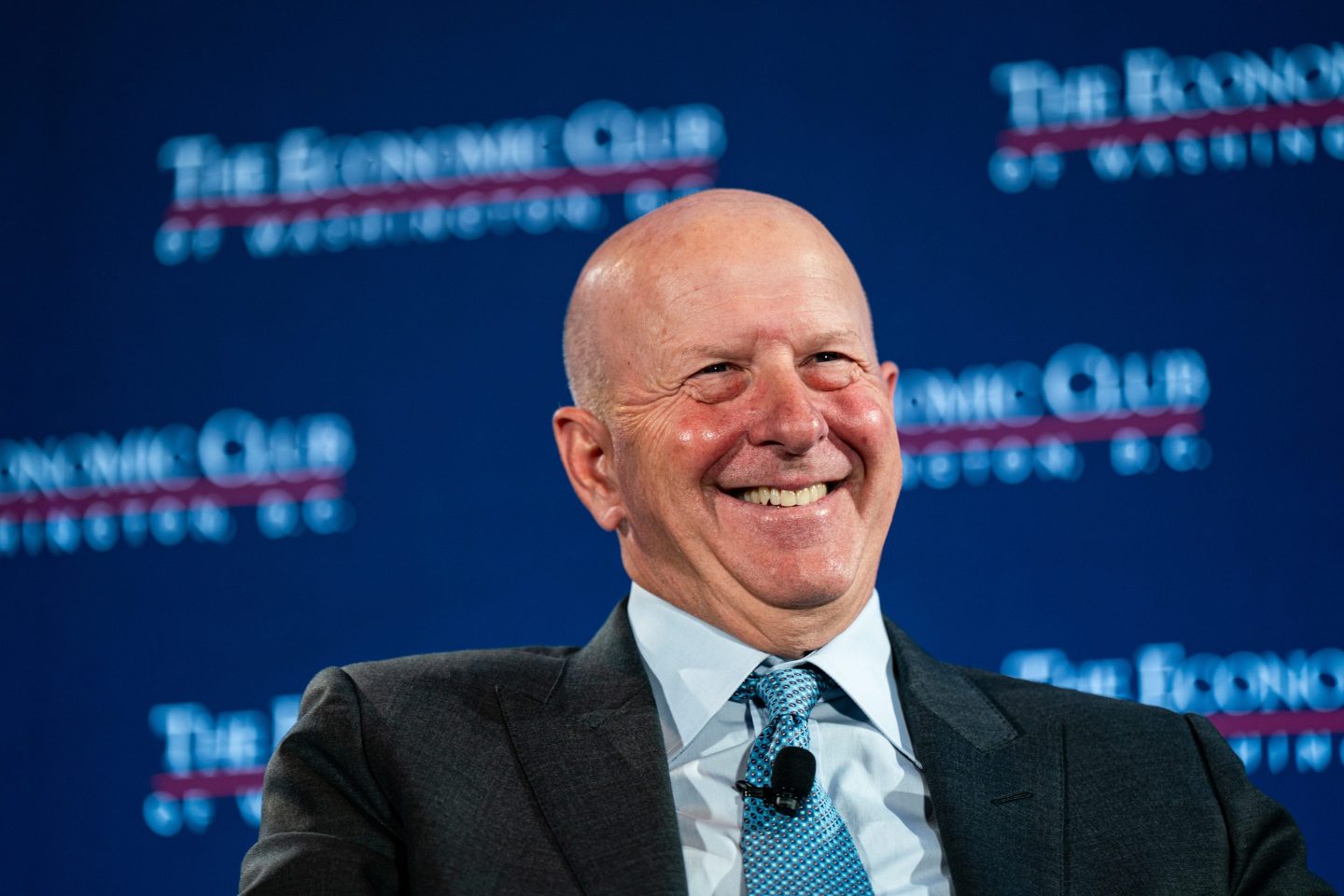Ghosting isn’t just for dating anymore. Now Gen Z are treating their would-be employers like bad dates and not showing up for job interviews or their first day on the job without as much as a phone call.
Employment website Indeed surveyed 1,500 businesses and 1,500 U.K. workers and found that job ghosting is rife, with 75% of workers saying they’ve ignored a prospective employer in the past year.
But the youngest generation of workers are by far the worst offenders: A whopping 93% of Gen Zers told the global recruitment platform that they’ve flaked out of an interview.
Worse still, a staggering 87% managed to charm their way through interviews, secure the job, and sign the contract, only to leave their new boss stranded on the very first day.
Their reason for doing so? According to the survey, it makes them “feel in charge of their career.”
But it’s having the opposite effect on businesses left high and dry: More than half of businesses surveyed said that ghosting has made hiring more difficult.
Businesses are also ghosting job applicants
Although Gen Z are the biggest culprits, baby boomers, Gen X, and millennials aren’t off the hook: Indeed’s data found that everyone is guilty of ghosting occasionally.
Almost half of those surveyed said they plan on pulling a disappearing act again, with a third deeming it acceptable to do so before an interview.
However, unlike Gen Zers who feel emboldened by blanking bosses, older workers say they instantly regret it.
Millennials, for example, are most likely to feel anxious after ghosting and worried that ghosting will negatively impact future opportunities.
What’s more, while more than half of Gen Zers are repeat offenders, the researchers found that a candidate’s likelihood to ghost again decreases with age.
Even businesses are joining in: One in five workers complained that a prospective employer has failed to show up for a phone interview, while 23% have been provided with a verbal offer only to be left hanging.
It’s why workers today think that ghosting is fair game: More than half agree that since employers ghost job seekers, it’s okay to do it back.
And, perhaps surprisingly, over a third of companies agree that this sentiment is reasonable.
Gen Z says they’ll stop ghosting if they get paid more
If employers want to get a hold of Gen Z, Indeed’s data says, they should sweeten the deal: When suggesting ways employers could prevent being ghosted, workers ranked higher pay first, followed by better benefits.
Indeed found that the cost-of-living crisis has exacerbated ghosting, with around 40% of those surveyed admitting that they’re more likely to ghost if they find a job offering better pay or a cheaper commute.
Ultimately, it’s not just about getting the job. For young workers, it’s also about being able to afford to accept the offer.
Read more from Fortune
Gen Zers are being forced to turn down the roles because they can’t foot the bill for the expenses associated with starting a new job, like buying work-appropriate attire and a monthly train ticket.
“It’s clear that the financial offer is the biggest carrot for employers trying to attract talent, with pay, benefits and other factors that support the rise in cost of living likely to prevent a job seeker from ghosting,” concluded Indeed’s U.K. head of talent intelligence, Danny Stacy.
“Of course, not all businesses will be in the position to increase their offer, but being transparent about the financial package from the outset is likely to prevent job seekers from ghosting further along the hiring process.”
Have you “Ghosted” or “career catfished” an employer recently? Or are you a manager who’s been on the receiving end of these trends? Fortune wants to hear from you. Get in touch: Orianna.Royle@fortune.com
A version of this story originally published on Fortune.com on February 19, 2024.
More on Gen Z in the workplace:
- Gen Z doesn’t lack a work ethic. They’re just uninspired by today’s corporate landscape
- Internships are elusive, but more important than ever. Here’s how Gen Z is responding
- Gen Z job seekers are turning to social media to find employment. Expert tips on making it work for you













